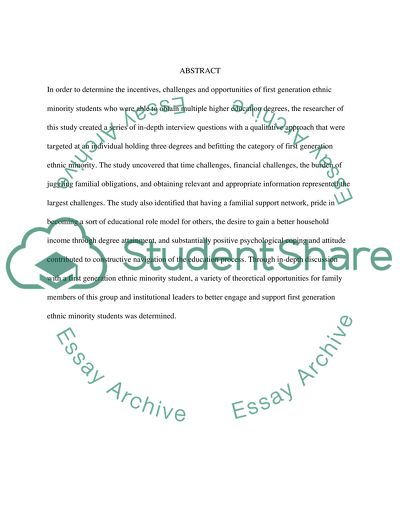Cite this document
(“First Generation Ethnic Minority Students with Multiple Higher Research Paper”, n.d.)
Retrieved de https://studentshare.org/journalism-communication/1628587-first-generation-ethnic-minority-students-with-multiple-higher-education-degrees
Retrieved de https://studentshare.org/journalism-communication/1628587-first-generation-ethnic-minority-students-with-multiple-higher-education-degrees
(First Generation Ethnic Minority Students With Multiple Higher Research Paper)
https://studentshare.org/journalism-communication/1628587-first-generation-ethnic-minority-students-with-multiple-higher-education-degrees.
https://studentshare.org/journalism-communication/1628587-first-generation-ethnic-minority-students-with-multiple-higher-education-degrees.
“First Generation Ethnic Minority Students With Multiple Higher Research Paper”, n.d. https://studentshare.org/journalism-communication/1628587-first-generation-ethnic-minority-students-with-multiple-higher-education-degrees.


